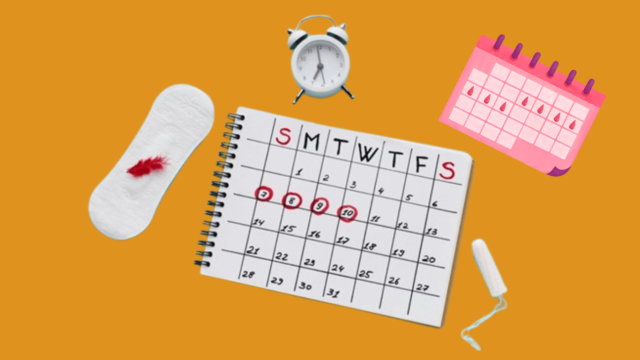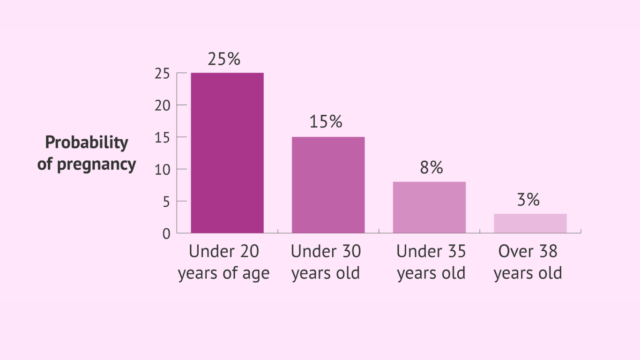“As women age, they may encounter various considerations regarding pregnancy, particularly when they reach geriatric pregnancy age, typically defined as 35 years or older. Geriatric pregnancy age is a pivotal factor that healthcare providers closely monitor due to its association with increased risks and complications. Understanding the implications of geriatric pregnancy age is essential for women navigating fertility decisions. At geriatric pregnancy age, individuals may face heightened concerns about fertility decline, maternal health, and potential birth defects. Despite these challenges, with proper medical guidance and support, many women successfully navigate pregnancy and childbirth at geriatric pregnancy age, embracing motherhood with confidence and resilience.”
If you are pregnant and over 35, you might be concerned about the following specific issues:.
Before pregnancy after 35
- It might take more time to become pregnant. All of your future eggs are present in you from birth. You will have fewer eggs by the time you are in your mid-30s. The eggs that remain are not as fresh as the newer ones because they are older. This may make fertilization more difficult for them.
- You might be suffering from other medical issues. Growing older makes certain conditions more prevalent. Among them are hypertension and diabetes. Pregnancy-related issues may arise from either of these disorders.
During pregnancy after 35
- Gestational diabetes. The older you are, the more likely you are to develop gestational diabetes. This is a special kind of diabetes that some women get during pregnancy. Uncontrolled diabetes can cause preterm labor or birth. It can also cause your baby to be too big.
- Preeclampsia. This condition causes you to have high blood pressure during pregnancy. It could also indicate that some of your organs aren’t working properly.
- Being pregnant with multiples (such as twins). Older women are naturally more likely to become pregnant with multiples. Fertility treatments that some older women get can also increase the likelihood. Having multiple fetuses can cause complications during pregnancy. These include preeclampsia, gestational diabetes, and preterm birth.
- Birth defects. The risk of your baby having birth defects increases as you age. Birth defects could include chromosomal abnormalities such as Down syndrome.
- Miscarriage. This is when the baby dies before you reach 20 weeks of pregnancy. There are many causes of miscarriage. Advanced age increases your risk.
At birth
- Premature birth. This is when your baby is born before 37 weeks of pregnancy. Premature babies are more likely to have health problems at birth. This is because the babies didn’t have enough time to develop in the womb.
- Low birthweight. Older mothers are more likely to have a baby that weighs less than 5 lbs. (8 oz.) at birth. Babies with a low birthweight are more likely to have health problems.
- Need for a C-section. A C-section, or a caesarean section, is when you have surgery to have your baby. Your doctor opens your uterus and takes the baby out. There are more risks with C-sections. These include infection or a bad reaction to anesthesia. The older you are, the more likely you’ll develop complications that would require a C-section birth.
learn more: Managing Ageing Pregnancy: An All-Inclusive Handbook for Mothers Over 35
Paths to improved health
There are many things you can do to increase your chances of having a healthy baby when you’re 35 or older.
Before pregnancy after 35
- Get a checkup. Make sure you are healthy before you get pregnant. Get any vaccines you need. Discuss your health history and your family history with your doctor. They may be able to spot a health condition that runs in your family that could affect your pregnancy.
- Get treatment. If you have any health conditions, make sure they are being treated. This includes physical conditions such as diabetes or high blood pressure. It also includes mental conditions such as depression.
- Examine the medications you take. Inform your physician of all the medications you take. Prescription drugs, over-the-counter medications, and supplements fall under this category. Certain substances should not be taken while pregnant. Some of your medications might need to be changed by your doctor.
- Take folic acid. Folic acid is a vitamin that helps with growth and development. Take it before you get pregnant and while you are pregnant. It can help prevent birth defects in your baby.
- Maintain a healthy weight. If you are overweight or underweight, you’re more likely to have health problems during pregnancy. Try to get to a healthy weight and maintain it before you get pregnant.
- Stay away from toxic substances. Don’t use unsafe chemicals at home or at work. Don’t use tobacco, drink alcohol, or use street drugs before getting pregnant.
- Decrease your tension. Your body may react negatively to stress. Before you become pregnant, learn how to manage your stress so that it will not affect your unborn child.
During pregnancy
- Get screened for pregnancy. Make routine appointments with your physician and attend each one as scheduled. They will be able to keep an eye on your growing baby. Frequent visits will enable them to identify any issues early on. You will have a higher chance of success.
- Continue the course of treatment. Maintain your prenatal care for any health issues you may have had. Ensure that your physician is aware of all the medications you take. When it comes to gaining as much weight as possible,. The a
- The amount of weight you should gain. is determined by your pre-pregnancy weight. wFind out what a healthy range is for you from your doctor. Be as active as you can and maintain a healthy diet.Eat a healthy diet and be as active as you can.
- Don’t smoke, drink alcohol, or use drugs. Tobacco, alcohol, and drugs can be very harmful to you and your baby when you are pregnant.
Things to consider
If you are an older mother, further prenatal testing may be advised by your physician. This will allow them to look for specific abnormalities that you are more likely to experience due to your age. A non-invasive blood test is used to analyze the fetal DNA in your blood. It can determine whether your child is at risk for any of the major chromosomal disorders, such as Down syndrome.
Your doctor may recommend further testing if they determine that you are at a higher risk. Amniocentesis or chorionic villus sampling (CVS) may also be used. These examinations can identify chromosomal abnormalities. However, they may also marginally raise the chance of miscarriage. Discuss any of these additional tests with your physician.
Questions to ask your doctor.
- What increased risks will I have if I get pregnant after age 35? After age 40?
- If I am otherwise healthy, am I still considered to be of advanced maternal age if I’m over 35?
- Why does age put me at increased risk of complications?
- How old is too old to have a baby?
- Should I get extra testing to measure my risk for complications?
- What can I do to reduce my risk of complications, such as preterm birth?
- Testing found that my baby has an increased risk of a chromosomal abnormality. What do I do now?





Useful content
Wow, fantastic blog structure! How long have you ever been running a blog for?
you made blogging look easy. The overall look of your site
is magnificent, as well as the content material!
Thank you for that motivational message ❤️
Wow, amazing weblog format! How long have you been blogging for?
you make blogging glance easy. The full glance
of your site is excellent, as well as the content!